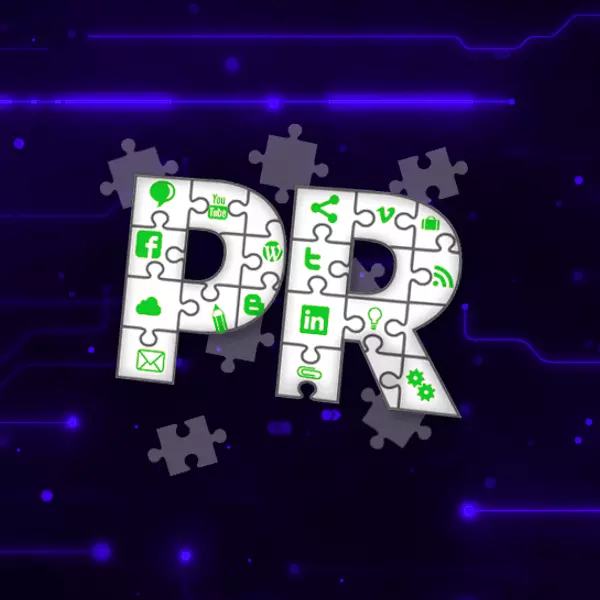Believe it or not, public relations is shaping how digital marketing is done.
Now more than ever, it's hard to distinguish between public relations and digital marketing, but that's not necessarily a bad thing.
In fact, only 27% of agency leaders believe the term “public relations” will clearly and adequately describe the work they do by the year 2020 (Global Communications Report). Digital created the need for both marketing and PR to evolve, and now their abilities overlap.
A little background
PR and marketing used to be separate fields that did different things, or at least that was the perception. Where PR excels in storytelling, marketing excels in reaching and targeting. Where PR's primary responsibility is driving positive reputation, marketing's primary responsibility is generating profitable revenue.
PR is what "creates a favorable operating climate in which it is easier to market, expand and be viable" (Heidi Cohen).
One oft-quoted anecdote about the difference between marketing and PR goes something like this:
"You see a gorgeous girl at a party. You go up to her and say: 'I am very rich. Marry me!' That's direct marketing."You're at a party with a bunch of friends and see a gorgeous girl. One of your friends goes up to her and pointing at you says: 'He's very rich. Marry him.' That's advertising.
"You're at a party and see gorgeous girl. You get up and straighten your tie, you walk up to her and pour her a drink, you open the door (of the car) for her, pick up her bag after she drops it, offer her ride, and then say: 'By the way, I'm rich. Will you Marry Me?' That's public relations." (Gerald Heneghan)
In other words, PR smoothes the runway so that stakeholders will be more receptive and inclined to hear what your business has to offer.
How PR Has Been Changing
PR has had to learn how to do more things, the things that marketing can do that was taking business away from PR, rendering it superfluous. Not only that, PR has had to learn how to measure how those things they learned how to do are performing.
Measurement
Two-thirds of agency executives and 54% of in-house PR executives say "measurement is very or extremely important as a growth driver" (Global Communications Report). Being able to measure ROI and performance across all areas of digital (social media, SEO, online advertising, website, etc.) is the "holy grail" the PR industry is pursing heavily. The trouble for PR was always how to measure its value and this is where I believe PR felt the most hurt when digital became integrated into the marketing and communication's landscape. It’s harder to demonstrate a change in perception or beliefs, versus direct marketing sales. So PR did away with measures like Ad Value Equivalency (AVE) and began learning the measures that meant more to their clients.
Addition of Digital Service Offerings
The most natural fits and easiest digital communications channel to adapt to have been blogger outreach, online reputation management and social media. Depending on who you ask, social media can be classified under marketing or PR. Since social media is all about dialogue between customers and brands, more and more it's being seen as a PR tool. Social media is where PR shines the most because knowing how to engage with the public as well as build and manage relationships are inherent PR skill sets.
Although not all PR agencies have added SEO, online advertising/PPC and web development services, this is a growing trend not only for survival but because there is an expectation by clients for PR agencies to know how to do the same things as marketers.
Final Thoughts on Public Relations and Digital Marketing
As PR professionals catch up by learning the skill sets traditionally held by marketers, there will be a need for marketers to adopt some of the processes and skills held traditionally by PR professionals. Communication doesn't happen in a vacuum and PR is shaping how customer service, crisis management, social listening and storytelling factor into marketing strategy. We're seeing the integration of PR into marketing strategies and the ultimate result of this integration of both methodologies into one another will be a dispensing of the terms "marketing" and "PR," for the consolidated term "digital storytelling." Both Marketing and PR need and fortify one another. It's in the best interest of both to work together and for businesses to embrace both as means to better achieve their business goals.
